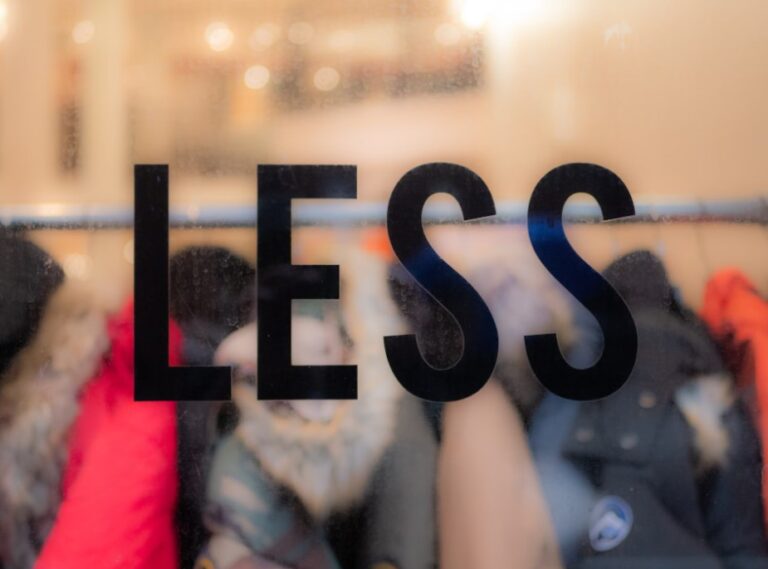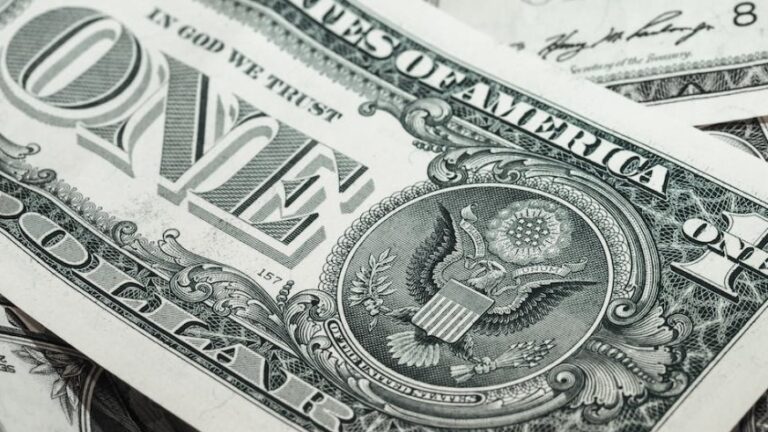France is ready to tax fast fashion brands with a surcharge that can reach up to 10 euros per item. This law is part of a series of French initiatives aimed at protecting the environment, but also to protect the national textile and fashion sector from the pressure of large foreign groups.
Table of Contents
The plague of the fast fashion industry
The advent of fast fashion, 20 years ago now, changed the world of fashion and today we can calmly say, it did so for the worse, drugging the market with low-cost clothes.
This has caused two major changes in the sector. The first is that consumers have become accustomed to paying very little for clothes, proportionally determining one of the major cancers of textiles, namely overproduction.
The second is that it has also led pret a porter brands to follow the frenetic pace of product releases, resulting in the release of more and more capsule collections, collaborations between brands and intermediate collections, triggering a spiral of infinite production.
The very low price to which fast fashion brands have accustomed us has as a direct consequence the fact that for twenty years now we have been buying much more because the prices of fast fashion or ultra fast fashion clothes are negligible. But a low price, we now know, implies poor quality. But above all dark scenarios of exploitation.
Read also: The cost of fast fashion industry: the human, social and economic impact
France is preparing to tax fast fashion
Since the price is the focal point of everything, to give a concrete signal, France has decided, by approving the law proposed by parliamentarian Anne-Cécile Violando in the National Assembly, to impose a surcharge on fast fashion sellers.
The proposal, which still needs to be approved by the Senate to become effective, is structured according to a progressive surcharge method, where the additional cost can reach up to 10 euros for a single item, but it is not the only measure contained in the draft law, which consists of three articles.
The first establishes that all e-commerce sites that sell fast fashion clothes and accessories insert warning messages next to the price on the environmental impact of the product being placed in the shopping cart and others that instead have the objective of encouraging reuse and repair versus purchasing a new product.
The second article instead introduces the actual tax and which is based on the principle of extended producer responsibility (EPR) which extends the producer’s responsibility to the entire life cycle of the product. And which therefore also includes the pollution resulting from its production and its disposal.
The amount to be added to the base price will therefore depend on the environmental impact, calculated starting from an estimate of carbon emissions.
The last article of the bill in question instead limits the advertising of fast and ultra-fast fashion items: one of the brands explicitly mentioned in the bill is in fact Shein, a Chinese brand with frenetic production which has been at the center of an in-depth investigation by the British newspaper Channel 4 which shed light on the terrible conditions of its workers.
Read also: Top 10 sustainable clothing companies: how they differ from the others












